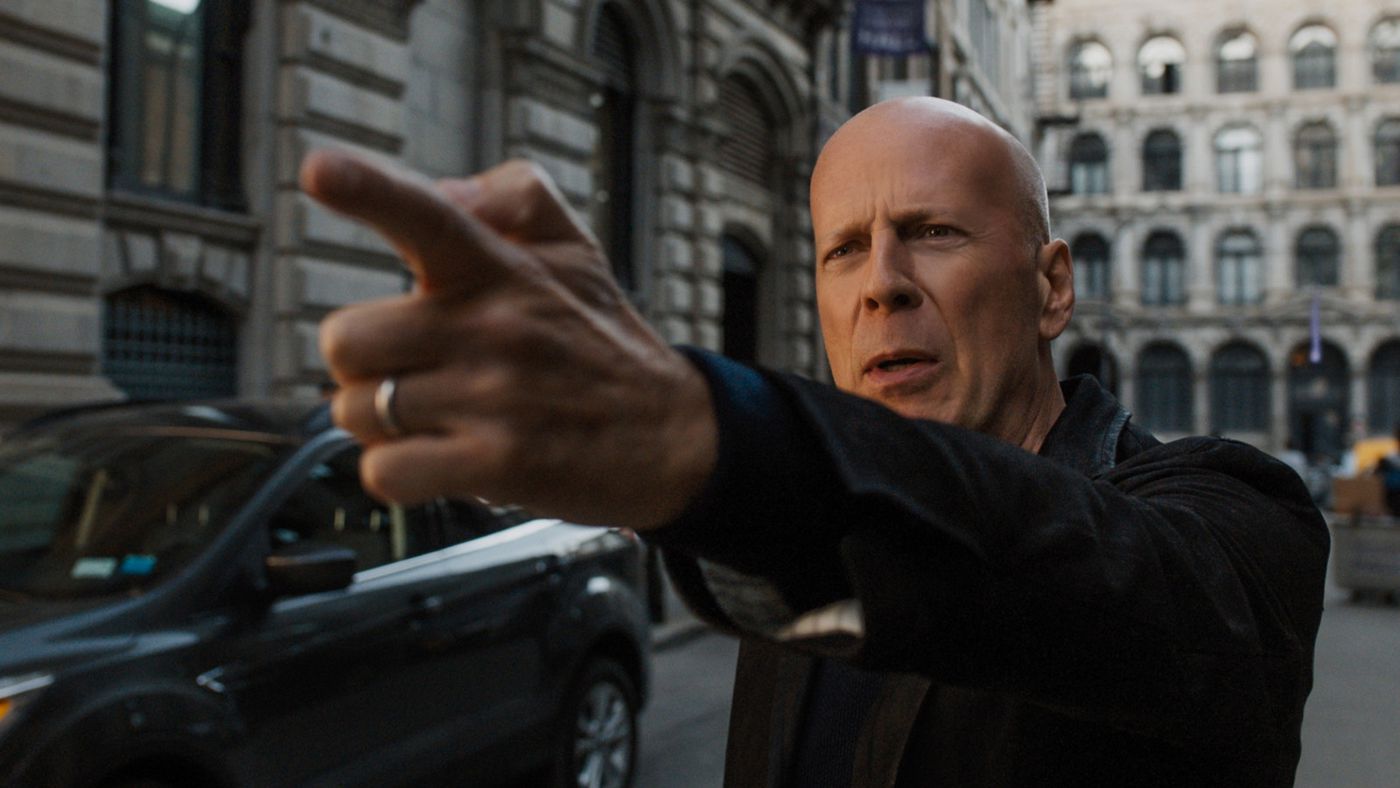Review Round-Up: March 2
/Hey, the Oscars are this weekend! With that in mind, here are some of the best features on the Oscars the Internet has to offer:
Dinner with Oscar, reviews of this year’s Best Picture nominees by our own Felicia Elliott. Come for the opinions, stay for the dish recommendations you can bring to your Oscar parties.
All 89 Best Picture Oscars ranked, Slant Magazine
It’s pretty baffling that Gary Oldman is the frontrunner for Best Actor (video), Film Club on The AV Club
Our Expert Predicts the Oscar Winners, The New York Times
Honest Trailers: The Oscars (video), Screen Junkies.
As for my favorites … Look, it’s a film with practically no women in it; the only people of color are French soldiers in the background of a single shot; it features, particularly at the end, some sentimental nationalism (though not as much as many previous films of its genre); it’s a goddamn Christopher Nolan movie, and I’ve long considered the man a charlatan more obsessed with puzzles than with film; but goddamn Dunkirk was good.
Death Wish (dir. Eli Roth)
This remake of the Charles Bronson “white man on a rampage” classic (?) is getting uniformly negative reviews, but then, it doesn’t seem targeted at the social subset critics usually occupy. Set in Chicago, the film reads as a dramatization of Trumpism, in which every block of Chicago is inhabited by bloodthirsty quasi-human murderers who must be forcefully put down. A.A. Dowd calls Death Wish out for its fascism at The AV Club.
There’s really no such thing as a good time to remake 'Death Wish'—and not just because it’s basically impossible to find a safe, respectful distance from a mass shooting in America. Plenty knew what they were seeing in ’74: a deranged fascist fantasy about a middle-aged “bleeding-heart liberal” brought around hard to the idea that the world is a cesspool in need of flushing. Released during a brand new era of anxious whitelash, Roth’s remake transports this righteous rampage from an almost apocalyptically dangerous, pre-cleanup New York to the Chicago that Trump is always dog-whistling about, a hellhole whose streets run red with blood and deep-dish pizza sauce.
Dowd begrudgingly admits that the movie has some strengths as a B-calibur shoot-em-up, but ultimately its “fuck-up politics” ruin it for him.
Matt Zoller Seitz gives Death Wish 1.5 stars, and the review is certainly net-negative, but occasionally he seems to be going easy on the film. (Certainly, he’s much easier on the previous Bronson version of the film than Dowd, assuming that its roots lay in wholly justified anxiety about urban decay, ignoring the overtones of post-Civil Rights white resentment.) At the very least, he wants to find more subtlety in the remake, or assume better intentions, than Dowd’s review does. He acknowledges the racist dog-whistles in the film, but sees the film as containing a potential self-irony:
The new 'Death Wish' is a vigilante film that's also about vigilante film cliches, when it remembers to think about such things, which is only occasionally. Most of its attempts to subvert or freshen up familiar elements aren't well developed, and they're certainly never strong enough to counter the bloodlust and gun worship that's invariably going to power this kind of project.
“Invariably” may be an unfortunate choice of words here: is it really inevitable that gun worship comes along with a film about vigilantism? Seitz’s review makes it sound a bit like the film fails in a struggle with its own nature, rather than that the filmmakers intentionally made a reactionary, Trumpist film.
On the other hand, such a film would have to look rather differently at its principal character in order to avoid tones of resentful white supremacy, of fascist revanchism. And that would mean asking more than the simplistic, obfuscatory question, “is what he’s doing right?” It’s odd to me that some of the same publications who sneer so openly at the politics of Death Wish can endorse the endless slog of pseudo-moral questioning that was the Punisher portion of Marvel’s Dardevil, season two, or the spin-off series about the same character. There’s little distinction between The Punisher’s Frank Castle and Death Wish’s Paul Kersey, other than that the former wears the symbolic get-up of a superhero. But I suppose that’s just how we like our fascism delivered to us.
Red Sparrow (dir. Francis Lawrence)
Wasn’t this erotic-spy-action-thriller supposed to come out months ago? I saw the first trailers for this around Spring 2017 -- for, I believe, a summer release. This is the typical sign of a delayed film, which is never a good omen, particularly when it’s a summer release re-scheduled for early March. I have my doubts about Jennifer Lawrence’s ability to sell the role of a Russian ballerina-turned-spy (is that the career path of all female Russian spies?) either in a way that makes me take such rote material seriously or in a way that makes it a fun romp.
That said, reviews are pretty evenly split. It depends, I presume, on the amount of time a given critic is able to endure J. Law’s affected Russian accent. The venerable Manohla Dargis calls the accent in question “passable,” and rather appreciates the film’s representation of a tough female spy, writing,
That may not be everyone’s idea of progress, but it’s both appealing and crucial that 'Red Sparrow' doesn’t soft sell Dominika. There’s an attractive, recognizable toughness to her as well as a febrile intensity born from need and circumstances, including the existential reality of being a woman in a man’s world. Dominika is sentimental (mostly about her mother), but she isn’t sentimentalized and never becomes the movie’s virgin or its whore, its femme fatale or good girl.
The film does not quite reach either Stephanie Merry’s idea of progress or her idea of a passable accent; she writes in the Post:
... the top-notch cast of mostly British actors, including Jeremy Irons and Ciarán Hinds, have varying degrees of success with the Russian accents, which is just one more distraction in a movie teeming with them. It’s hard to overlook, for example, the sheer number of sexual assaults Dominika is subjected to or the way the camera ogles its female lead with the same discomfiting gaze as her perverted boss.
Over at SlashFilm, Josh Spiegel’s endurance failed the film’s test; he could get over the accents, but not the overlong, convoluted story. The film, he writes, is “flaccid, more convinced of its intelligence than it should be, and painfully overlong.”


